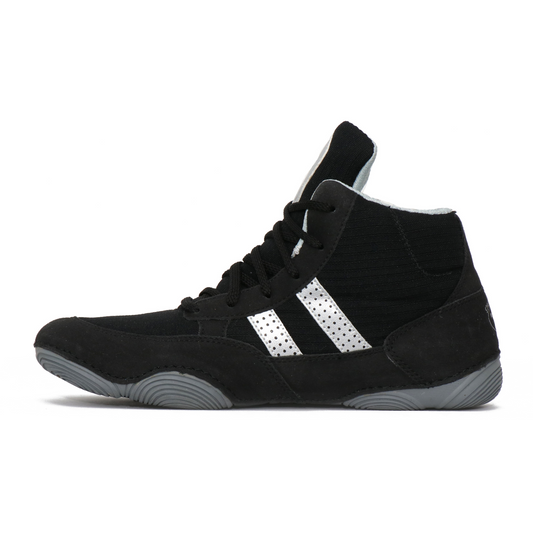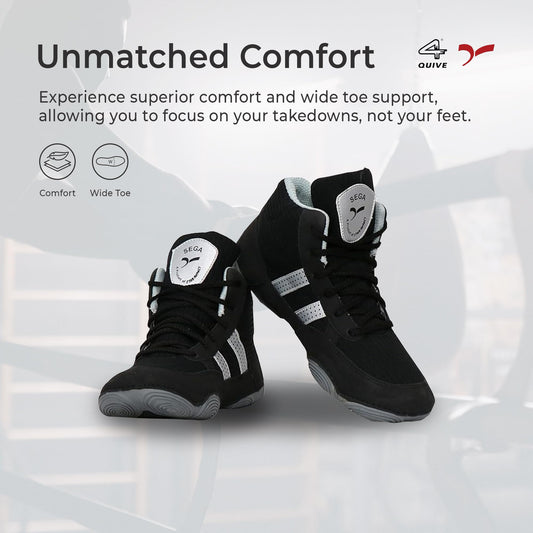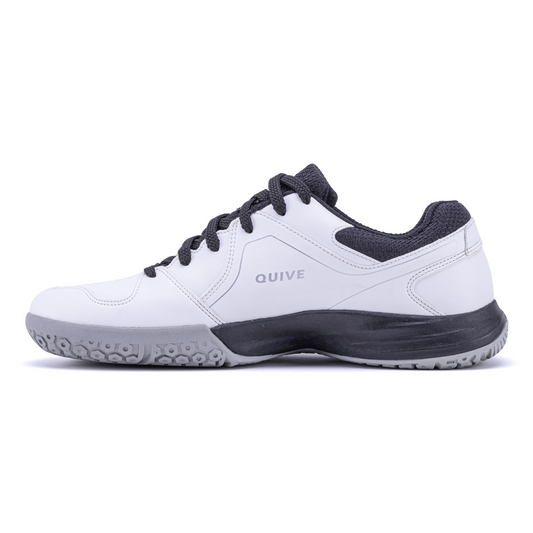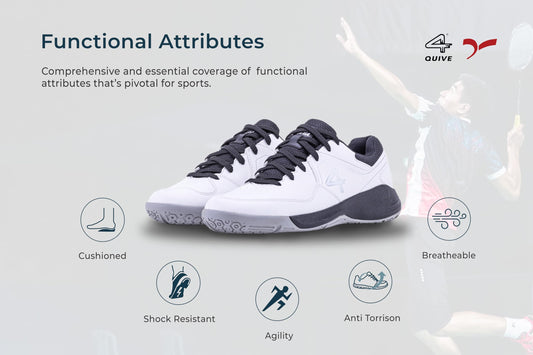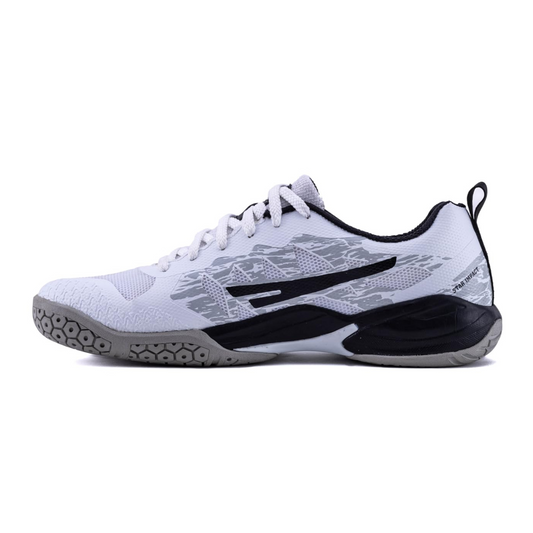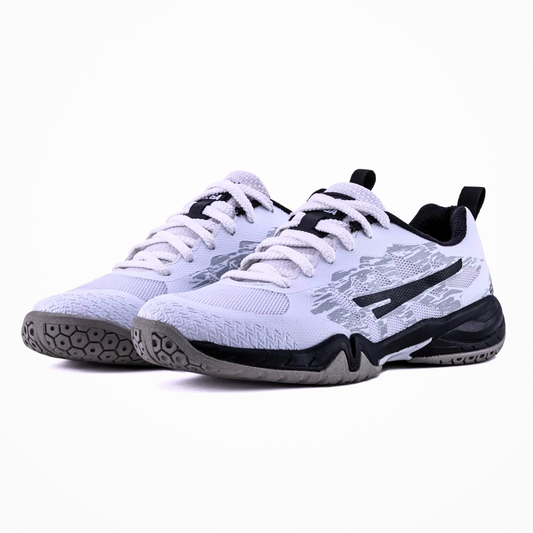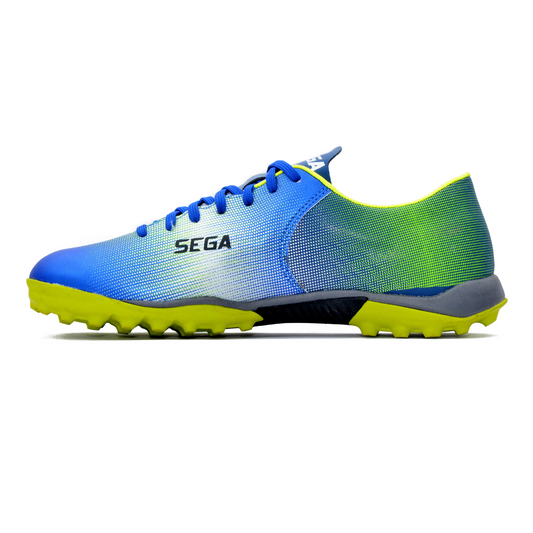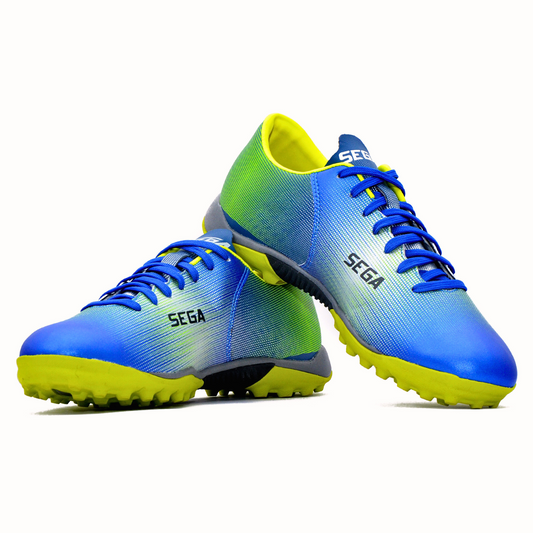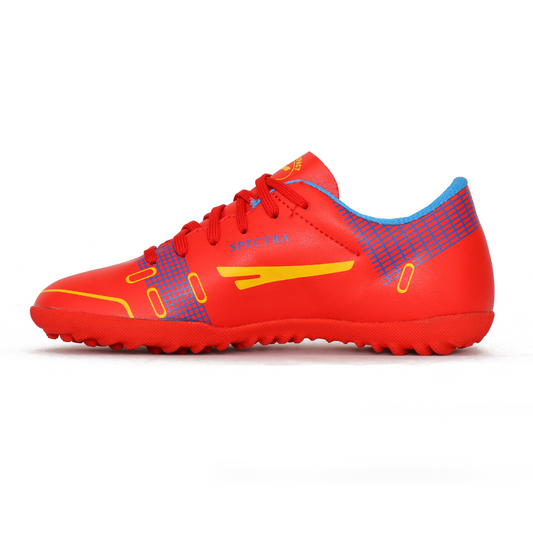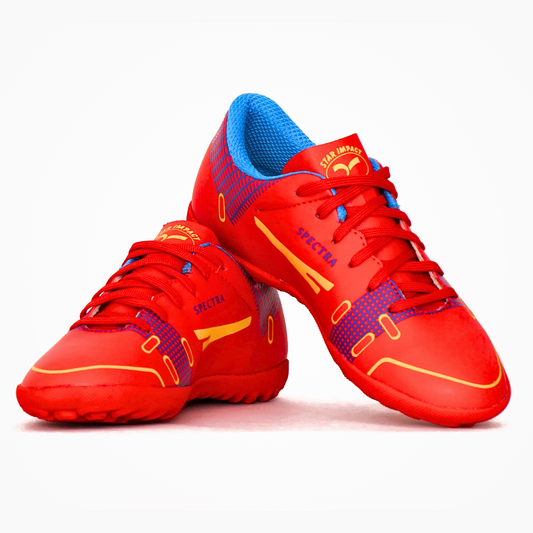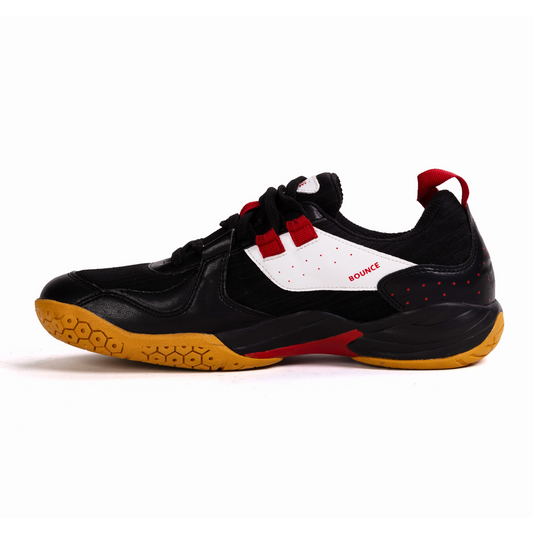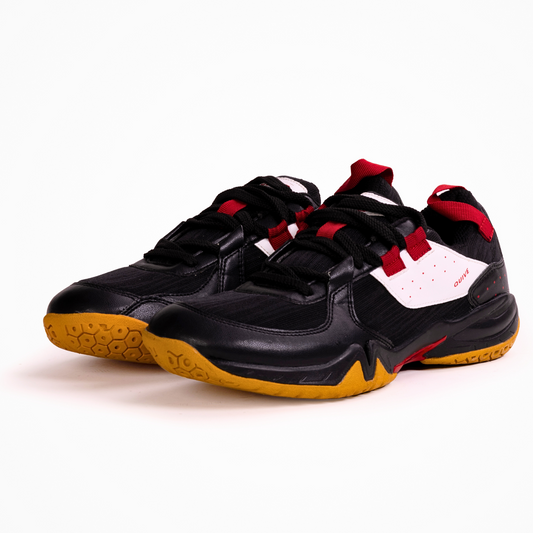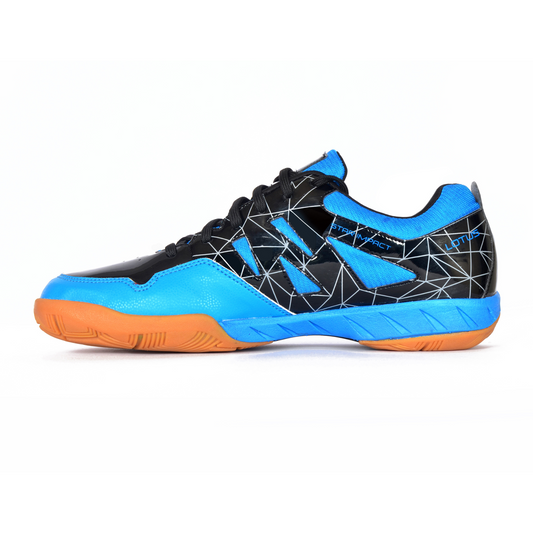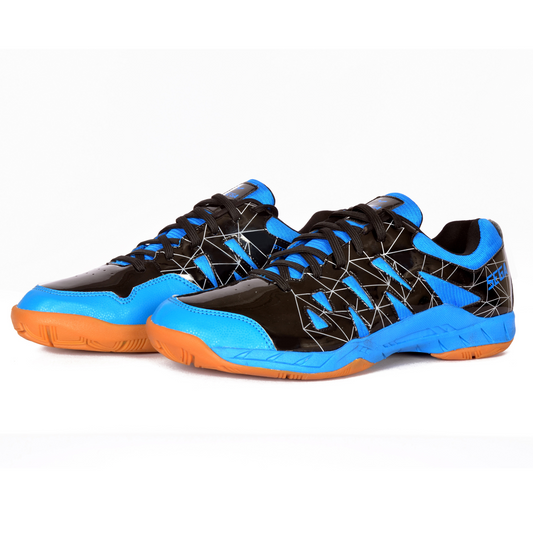
Football Studs
Shop Football Studs Shoes Online in the UK
Upgrade your game with top-quality football studs shoes for unmatched traction and performance. Explore football studs, kids football boots, and durable leather football boots. From indoor football trainers to versatile football boots men and stylish football trainers, find the best football boots for every player. Buy football shoes online today and own the field!
Filter
2 results
20
- 10
- 15
- 20
- 25
- 30
- 50
Alphabetically, A-Z
- Featured
- Best selling
- Alphabetically, A-Z
- Alphabetically, Z-A
- Price, low to high
- Price, high to low
- Date, old to new
- Date, new to old
Sort
Sort by:
- Featured
- Best selling
- Alphabetically, A-Z
- Alphabetically, Z-A
- Price, low to high
- Price, high to low
- Date, old to new
- Date, new to old
-
Vendor:Quive
SEGA LEGEND Men's Football Boots
Sega Legends Football Boots Versatile Performance: Designed to deliver top-tier performance on both indoor AstroTurf and outdoor natural grass fields. Two Surface-Specific Variants: AstroTurf Football Boots (Men's): Feature moulded studs for exceptional traction and stability on indoor AstroTurf surfaces, enabling quick movements and sharp...- £35.99
£0.00- £35.99
- Unit price
- / per
-
Sunset Yellow and Red
-
Rainbow
-
Mid Night Blue
-
Midnight Blue Green
- Red Yellow Sunset
-
Vendor:Quive
Sega Quive Kids Spectra Football Trainers
Sega Quive Kids Spectra Football Trainers Durable Construction: Built with high-quality materials for long-lasting performance on the field. Lightweight Design: Ensures maximum comfort and speed during intense play. Enhanced Grip: Non-slip outsole provides superior traction on grass and artificial turf. Breathable Upper: Keeps feet...- From £24.99
- From £24.99
- Unit price
- / per
-
Grey/Red
-
Orange/Yellow
-
Red/Yellow
-
White and Red
- Red and Yellow
